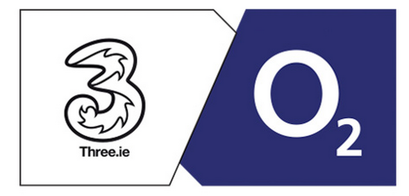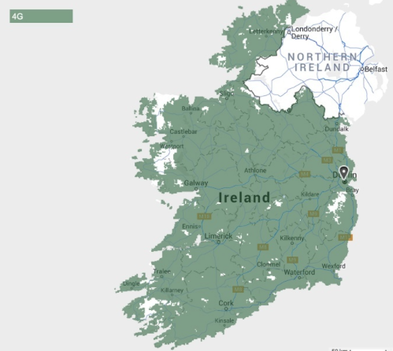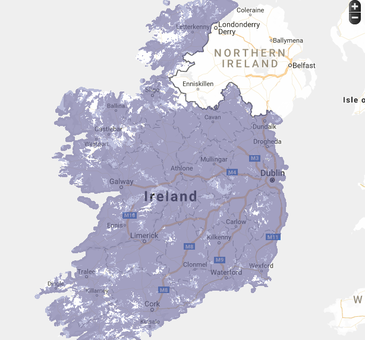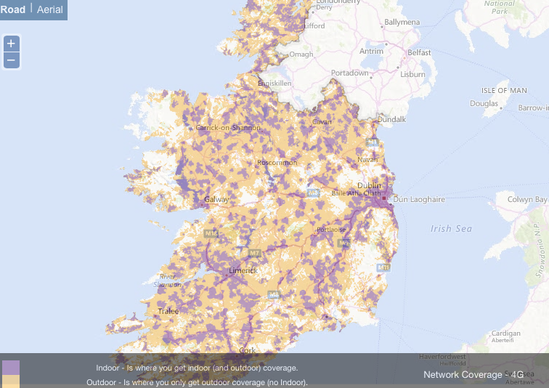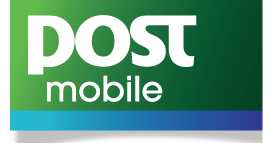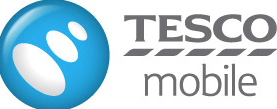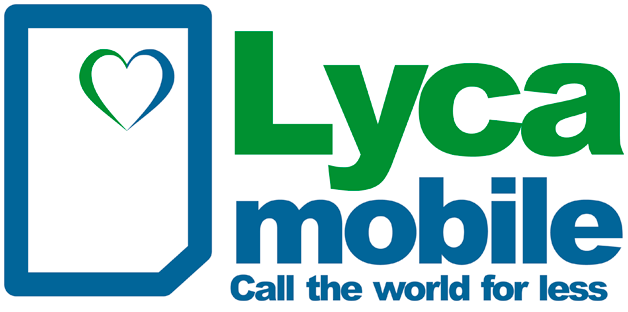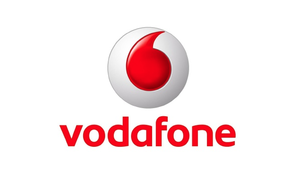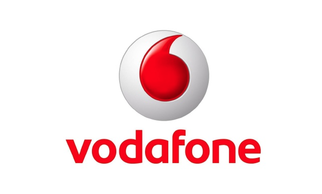Our reliance on mobile networks is greater than ever before. We can communicate with people from all over the world in a matter of seconds. Mobile networks are a vital source of help for emergency services and news outlets who use the network to advise the public on different situations. The use of social media and the spread of video content has exploded in the past number of years and continues to grow. Services such as Facebook, Instagram, Snapchat, WhatsApp, Twitter, Spotify, YouTube and Netflix are used by millions of people every day. Businesses rely on Mobile Networks to communicate with their employees. We expect to be able to use our phones whenever and wherever we want. This huge explosion in Internet Traffic has led to mobile networks funnelling millions of euro into improving and extending their infrastructure. The mobile network industry has changed dramatically in the past number of years in Ireland. Networks started rolling out 4G LTE over four years ago providing customers with super fast data speeds. These 4G networks now cover the vast majority of the Irish Landscape. Four years later, the networks are continuing to improve coverage and capacity. Two new networks have launched in Ireland since the first introduction of 4G LTE in Ireland. Once the second largest network in Ireland, O2 was bought by Three Ireland in a €780 Million deal. O2 and all of its customers were merged on to the Three network and the O2 brand was decommissioned in Ireland. The Mobile Networks are now testing and preparing to launch the next evolution of 4G called 5G. 5G is expected to launch in 2020 and will offer breakneck speeds. 5G will facilitate the introduction of driverless vehicles, the growth of IOT devices and the huge increase in mobile data usage. Currently, the Mobile Networks are facing a major issue. SMS and Voice call use has dramatically declined the past number of years due to the increase in use of services such as WhatsApp and Facebook Messenger that offer free texting and calling to anyone in the world. Consumers are eating through terabytes of data every day, putting pressure on network capacity and causing congestion , forcing networks to invest more money. Customers want more data at cheaper prices, resulting in a sharp decline of revenue for mobile networks who are doing everything they can to squeeze more money out of their customers.
It's all about Investment:
Meteor, Three and Vodafone have had to invest hundreds of millions of euro into their networks in the past four years. This money was used to roll out next generation 4G LTE networks to Ireland. Consumers began to use more and more data, putting pressure on the networks to deliver a reliable service. The operators needed to upgrade capacity to relieve congestion. Consumers wanted to use their phones wherever and whenever they wanted. However, that was not possible as the operators neglected rural communities, leaving them with a lacklustre quality of service that was unusable. Thankfully, the €2 Billion investment under taken by the operators to roll out 4G has solved most of this problem. As of 2017, Customers can now access the internet in 99.2% of Ireland. While Meteor, Three and Vodafone have vastly improved 3G and 4G coverage, there remains huge differences between coverage and speed offered by each network.
Three and O2 Merger: Initially, A Disaster. Still, A Disaster
|
On 24 June 2013, it was announced that Hutchison would acquire Telefónica's Irish mobile operations, O2 for €780 million, to be merged into 3 Ireland upon completion of the deal. The European Commission approved the merger in 2014. The O2 brand was phased out and its operations fully merged into Three on 2 March 2015. Over 1.5 million customers were merged onto the Three network. As soon as 1.5 million joined the Three network, disaster struck. The Three network was inundated with quadruple the number of customers. The network crashed repeatedly for a number of hours as millions of people were left without voice and data service. As the weeks passed, and Three rapidly increased capacity, the outages ended. However, the network had taken a major hit as speeds dropped significantly due to congestion. Three now had a major problem on their hands, they owned two completely different and separate networks, the Three network which was built for data, and the O2 network which was built for voice and light data usage. Three began a €350 million upgrade program (The Big Upgrade). This program which started in 2015 and is nearing completion aims to dramatically increase capacity, rapidly roll out 4G across the country and increase coverage.
|
Vodafone bleeds:
Vodafone, Ireland's largest and oldest mobile network launched their 4G service in 2013. Vodafone has always been perceived as the premium network, the network you pay a pretty penny and get the best service. This remains true. They have the most widespread 4G service in the country. They have the fastest 4G service in the country. They were the first to introduce HD Voice, 4G+ and 4G roaming. However, its not all roses at Vodafone. Since the launch of 4G, Vodafone has lost thousands of Prepay customers who are flocking to Three and Meteor for far more attractive deals. This hasn't had a major impact on Vodafone as it has added thousands of bill pay customers who are forking out much more money each month than any of Meteor or Three's customers. Vodafone's €550 million investment is the largest undertaken by any of the operators to roll out 4G. Vodafone are Ireland's only operator not to offer unlimited data and it is fair to say that they are very mean with data, both on prepay and bill pay Hopefully, heated competition will force Vodafone to offer an unlimited data plan similar to its competitors. It's worth mentioning that Vodafone continues to win almost all awards for network coverage, speed and reliability. They were awarded Ireland's fastest mobile network by Ookla, Best in test for Voice, Data and Network by P3, fastest and best coverage by OpenSignal and most reliable network by RootMetrics.
Meteor is now within a stone throw of Vodafone:
Vodafone should be worried. Meteor has made significant improvements to their network over the past number of months. Meteor's 4G availability and speed now rivals Vodafone in most areas. They have gone from 80% 4G coverage to 95% in the space of six months. Meteor followed Vodafone by launching HD Voice last year. They have also followed Vodafone by introducing 4G+ to all of its customers, something that Vodafone has reserved for very high paying bill pay customers. There is now just an 8% difference between 4G speed as Meteor catches up to Vodafone. Meteor offers much more attractive plans than Vodafone and offers a form of unlimited data on prepay and bill pay by zero-rating the most popular apps such as Facebook, Snapchat and YouTube. Vodafone still has one key advantage over Meteor, they have a 3G network to back up their 4G network in places where 4G is not available. Vodafone's 3G network is far faster than both Three and Meteor and covers over 25% more land than Meteor. This may be essential for people living or commuting in rural areas where 4G has not yet reached. Also, with the arrival of 5G, Vodafone will have much more money to buy spectrum and roll out 5G services. Meteor is now within a stone throw of Vodafone in terms of 4G availability and speed.
|
Vodafone 4G Coverage (Outdoor)
|
Meteor 4G Coverage (Outdoor and Indoor)
|
Three 4G Coverage (Outdoor and Indoor)
Danger looms at Three:
Even after suffering from major outages, Three's network continues to seriously fall behind Vodafone and Meteor. Three is struggling when it comes to 4G Speed as well, their 4G is 22% slower compared to Meteor and 30% slower than Vodafone. They are the least expensive network in Ireland, offering unlimited, "all you can eat data" on virtually all of their plans. Some may say that this is the reason for their poor network, however even in areas where there is very light data usage, the Three network struggles to reach acceptable speeds. Three's coverage in rural parts of Ireland is non-existent and customers living in towns spend the majority of their time on Three's slow 3G network. This is backed up by international surveys on mobile network performance that almost always rank Three as Ireland's poorest network for data, voice and reliability. They need to invest heavily in their network and vastly increase capacity to combat congestion.
The Rise of MVNO's:
Following Three's acquisition of O2 Ireland, as part of the deal, Three had to set aside spectrum for two new Mobile Virtual Network Operators: iD Mobile and Virgin Media. This brought the total number of Mobile Virtual Network Operators in Ireland to seven. The MVNO's have adopted extremely affordable pricing tactics to gain new customers. Five out of seven of the MVNO's operate on Three Ireland's network. The most notable MVNO is Tesco Mobile, who have managed to grab the largest share of customers out of the MVNO market. The MVNO's are offering customers who want great deals for great prices an alternative to the bigger Mobile Network Operators.
Three needs to Cop On:
Three needs to cop on. Their network is falling behind Meteor and Vodafone quickly. Customers are suffering from poor data speeds and coverage due to a serious lack of investment. Congestion continues and rural coverage is non-existent. Three customers will begin to desert them as alternatives that offer better coverage and speed become cheaper. People want to use their phones wherever and whenever they want.
Vodafone needs to Listen:
Vodafone operates the fastest and most widely available 3G and 4G network in Ireland. Their customers experience the best quality and most reliable service. Vodafone needs to listen to their customers. It's 2017. People own and use smartphones every day. People want and need unlimited data. People want cheaper prices. Vodafone is facing increasing completion from Meteor as they rapidly roll out 4G. Vodafone were the first to introduce HD Voice, 4G+ and 4G roaming. The award winning network needs to listen.
Meteor needs to Continue Investing:
Now within a stone throw of Vodafone's 4G coverage footprint, and with speeds closing in on Vodafone, Meteor has made significant improvements to its network. All Meteor customers can now access 4G+ and take advantage of HD Voice. Vodafone still has an edge over Meteor, Meteor's 3G network is far smaller than its 4G network and significantly smaller than Vodafone's 3G network. Meteor has launched a number of very attractive plans that coupled with its improved network will help it add customers flocking from Vodafone's terrible plans.
Mobile Network Awards:
Best Coverage, Speed and Reliability: Vodafone
Best Plans, Deals and Value: Three and Meteor
Best Innovation and Customer Care: Vodafone
Report by: Luke Kehoe
05/03/2017
All coverage and data information collected from Vodafone, Three and Meteor Website.
Coverage and Speed comarisons based on reports published by Ookla and OpenSiganal.
05/03/2017
All coverage and data information collected from Vodafone, Three and Meteor Website.
Coverage and Speed comarisons based on reports published by Ookla and OpenSiganal.

